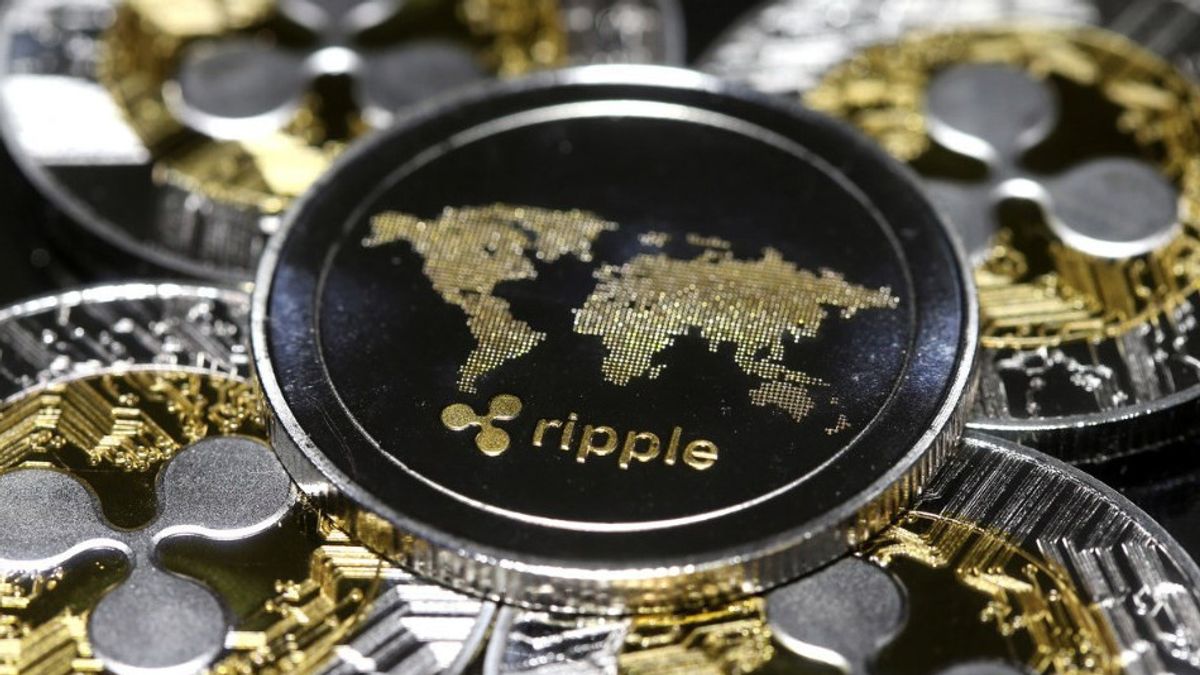- Ripple has unveiled a guide to support banks and financial institutions interested in the emerging field of digital asset custody as it enters the $20 trillion custody market.
- Ripple Custody is relied upon by top global financial institutions and supports custodian banks, exchanges, and corporations in more than 15 countries worldwide.
Ripple, traditionally known for its cross-border payment solutions using blockchain, is broadening its business model. By advancing its asset custody capabilities, it鈥檚 taking on a role in the financial sector that extends beyond payments. The custody market is huge, worth $20 trillion, and Ripple鈥檚 entry into this space represents a significant shift in its business focus.
According to a previous publication by CNF, Ripple鈥檚 custody service has seen substantial growth, boasting a 250% rise in new customers compared to the previous year. The platform currently supports prominent financial institutions and cryptocurrency companies across major markets such as the U.S., U.K., and Singapore. Ripple highlighted in its Digital custody Guide for Banks that 10% of all assets will have been tokenized and represented on both private and public blockchains by 2030.
Ripple鈥檚 Quick Guide for Banks
Ripple鈥檚 digital asset custody and tokenization infrastructure offers banks advanced tools to securely manage and expand their digital asset services, opening up a range of innovative business opportunities. Banks can build sub-custody networks, which help facilitate comprehensive global service coverage, enabling them to efficiently manage assets across multiple regions.
With the capability to tokenize and manage both regulated and non-regulated assets, banks can diversify their offerings to include equities, bonds, certificates, debt instruments, real estate, fund structures, as well as unique assets like art, collectibles, gaming items, and intellectual property.
Ripple鈥檚 platform also provides secure integration with DeFi and Web3 applications, allowing banks to connect clients with staking, lending, borrowing, and financing services, as well as NFT platforms and marketplaces. This robust and flexible infrastructure equips banks to meet evolving market demands expanding their digital asset services in a compliant manner.
Past Initiatives in the Digital Custody Market by Ripple
The digital infrastructure provider unveiled new features for Ripple Custody Technology in early October. In an effort to strengthen its regulatory compliance, the company added transaction screening that helps financial institutions monitor transactions for compliance by partnering with Elliptic. Doubling down its effort, it also expanded its use of hardware security modules (HSMs), which are specialized devices that protect cryptographic keys.聽
On top of that, we reported Ripple custody鈥檚 integration into the XRP Ledger (XRPL), featuring a dedicated tool for monitoring anti-money laundering risks, allowing firms to access its native decentralised exchange (DEX). This integration aims to enhance security while opening new opportunities for businesses in the digital asset space.
Through these updates, Ripple extends the capabilities of its custody technology to a broader audience. As of now, at the time of writing, Ripple (XRP) is trading at $0.5137, a slight dip of 0.06% in the past day and down 0.19% increase in the past week.


